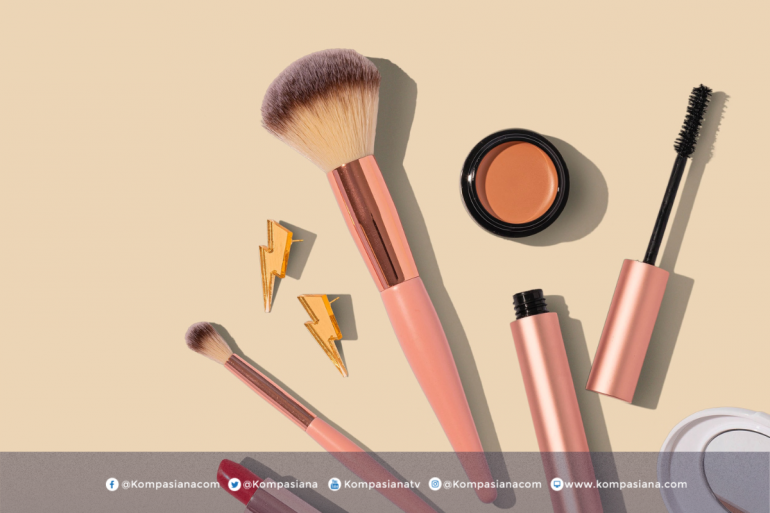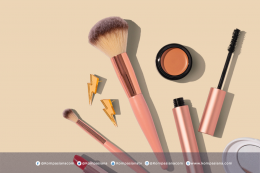Hello! In the blog section of this outline, we will start with an introduction that provides a brief overview of acne as a common skin condition. We will discuss the importance of understanding the causes, types, and treatment options available for acne. This information will help readers gain a better understanding of this prevalent skin issue and how to effectively manage it. Stay tuned for more insightful content on acne in the upcoming blog section!
Causes of Acne
Acne is a common skin condition that affects many individuals, and understanding the factors that contribute to its development is crucial in managing and treating it effectively. There are various triggers that can lead to the formation of acne, with some of the most common ones being hormonal changes, genetics, and lifestyle choices.
Hormonal changes play a significant role in the development of acne, particularly during puberty when an increase in androgen hormones can lead to an overproduction of sebum, the skin's natural oil. This excess oil can clog pores and create an environment for acne-causing bacteria to thrive, resulting in breakouts.
Genetics also play a key role in determining an individual's susceptibility to acne. If one or both parents have a history of acne, there is a higher likelihood of developing the condition due to inherited factors that influence sebum production, skin cell turnover, and inflammation.
Additionally, lifestyle choices such as diet, stress levels, and skincare routines can impact the development of acne. Consuming a diet high in processed foods and sugars can trigger inflammation in the body, leading to acne flare-ups. High stress levels can also contribute to hormonal imbalances that exacerbate acne symptoms.
By understanding the various causes of acne, individuals can take proactive steps to manage their condition effectively. Consulting with a dermatologist, adopting a skincare routine tailored to their skin type, and making healthy lifestyle choices can help in preventing and treating acne breakouts.
Types of Acne
Acne is a complex skin condition that can manifest in various forms, each with its own characteristics and treatment approaches. Understanding the different types of acne is essential in determining the most effective course of action for managing and treating breakouts. Below, we will explore the most common types of acne and provide visual examples or diagrams to help readers identify each type.
- Blackheads: Blackheads, also known as open comedones, are small, dark bumps that appear on the skin's surface. They occur when hair follicles become clogged with excess oil and dead skin cells, resulting in a visible black or darkened plug.
- Whiteheads: Whiteheads, or closed comedones, are similar to blackheads but have a white or flesh-colored appearance. They form when a hair follicle becomes clogged with oil and skin cells, causing a closed bump to develop on the skin.
- Papules: Papules are small, red bumps that are typically tender to the touch. They occur when the walls of hair follicles break down, leading to inflammation and the formation of a raised lesion on the skin.
- Pustules: Pustules are similar to papules but contain pus at their center, giving them a white or yellow appearance. They are often referred to as "pimples" and can be painful or tender when touched.
- Nodules : Nodules are large, solid, and painful bumps that develop deep within the skin. They result from the buildup of bacteria, oil, and dead skin cells in the hair follicles, leading to severe inflammation and swelling.
- Cysts: Cysts are the most severe form of acne and appear as large, pus-filled lesions beneath the skin's surface. They are often painful, tender, and can cause scarring if not treated promptly.
By familiarizing themselves with the different types of acne and their characteristics, individuals can better identify their specific acne concerns and work with dermatologists to develop personalized treatment plans. Visual examples or diagrams can aid in recognizing and distinguishing between the various types of acne, facilitating informed decision-making regarding skincare routines and treatment options.
Treatment Options for Acne
Acne is a common skin condition that can affect individuals of all ages. Fortunately, there are various treatment options available to help manage and improve acne-prone skin. In this article, we will explore the different treatment options, including over-the-counter products, prescription medications, and professional treatments, as well as lifestyle changes and skincare routines that can aid in managing acne.
Over-the-Counter Products
Over-the-counter products are readily available at pharmacies and stores without a prescription. These products typically contain active ingredients such as benzoyl peroxide, salicylic acid, or sulfur, which can help to unclog pores, reduce inflammation, and kill acne-causing bacteria. It is essential to choose products that are suitable for your skin type and to follow the instructions carefully for best results.
Prescription Medications
For more severe cases of acne, a dermatologist may prescribe medications such as topical retinoids, oral antibiotics, or hormonal treatments. These medications work to target the root causes of acne, such as excess oil production, inflammation, or hormonal imbalances. It is crucial to consult with a healthcare professional before starting any prescription medication to ensure it is safe and effective for your specific skin concerns.
Professional Treatments
In addition to topical and oral medications, professional treatments performed by dermatologists or skincare specialists can help to improve acne-prone skin. These treatments may include chemical peels, laser therapy, or extractions to unclog pores and reduce acne lesions. Professional treatments are tailored to individual skin needs and can provide faster and more significant results compared to at-home remedies.
Lifestyle Changes and Skincare Routines
In addition to using topical treatments and medications, making lifestyle changes and establishing a consistent skincare routine can help to manage acne. Simple practices such as washing your face twice daily, avoiding harsh skincare products, and maintaining a healthy diet can contribute to clearer skin. It is essential to be patient and consistent with your skincare regimen to see long-term improvements in acne.
In conclusion, there are various treatment options available for acne, ranging from over-the-counter products to prescription medications and professional treatments. By combining these treatments with lifestyle changes and a proper skincare routine, individuals can effectively manage and improve their acne-prone skin. Remember to consult with a healthcare professional or dermatologist to determine the best treatment plan for your specific skin concerns.
This blog has covered various key points related to acne treatment, including the importance of skincare routines, dietary considerations, and the use of topical treatments. It is essential to remember that everyone's skin is unique, and what works for one person may not work for another. Therefore, seeking professional advice from a dermatologist or skincare specialist is highly recommended for personalized acne treatment plans. Remember, taking care of your skin is an investment in your overall health and well-being. Thank you for reading, and we hope this information has been helpful in your journey to clearer, healthier skin.
Baca konten-konten menarik Kompasiana langsung dari smartphone kamu. Follow channel WhatsApp Kompasiana sekarang di sini: https://whatsapp.com/channel/0029VaYjYaL4Spk7WflFYJ2H







